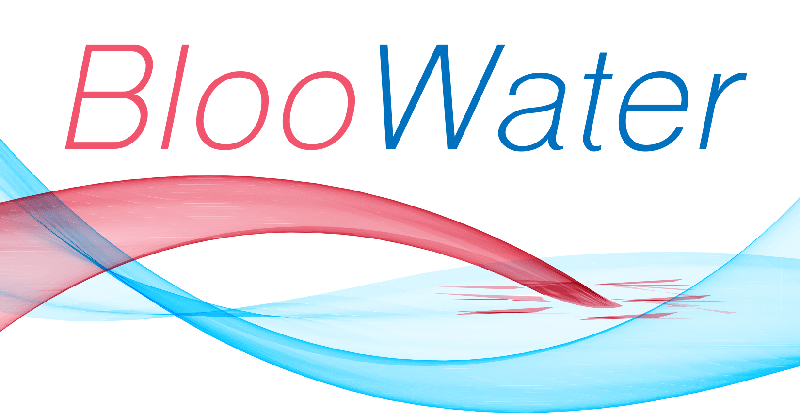Postdoctoral Researcher in Lake and Phytoplankton Modelling
Uppsala University Institute of Ecology and Genetics Program in Limnology.
Project description: The candidate will participate in the European Union sponsored project BLOOWATER that is evaluating methodologies and strategies to allow drinking water utilities to better cope with the consequences of increasingly frequent cyanobacteria blooms. As part of this project the candidate will assist in evaluating different modelling methods that can potentially be used to forecast the probability of bloom formation, which in turn could be used to prepare for changes in water treatment.
Three methods will be evaluated.
- The use of process based models that predict the occurrence of generic cyanobacteria groups.
- The use of machine learning algorithms fed by measurements from available lake monitoring data and trained on observations of measured phytoplankton concentrations.
- A hybrid approach of 1 and 2 which includes biophysical data (water temperature, mixing rates light levels etc.) from the process based simulations into the machine learning algorithms.
Model development and testing will be done using data from lakes Erken, and Mälaren, in Sweden and Lakes Albano and Castreccioni in Italy.
The postdoctoral candidate will work as part of a group also consisting of MSc and PhD. Students. It is expected that the candidate will work to assist all members of the group to achieve common goals, and that the candidate will take a lead role in developing studies related to the BLOOWATER project.
Duties:
- Running existing hydrothermal and water quality model set up for Lake Erken, and developing model setups for other lakes of interest
- Develop processed based algorithms and optimization methods that will improve model performance when simulating the occurrence of cyanobacteria.
- Develop and test machine learning algorithms that predict the occurrence of cyanobacteria blooms. Apply these using data from all lakes used for the BLOOWATER project.
- Evaluate the possibilities of using data from process based simulations to improve machine learning algorithms.
Qualifications required: To qualify for an employment as a postdoctor you must have a PhD degree or a foreign degree equivalent to a PhD degree in limnology, oceanography, civil engineering, environmental science, or a related subject”. The PhD degree must have been obtained no more than three years prior to the application deadline. The three year period can be extended due to circumstances such as sick leave, parental leave, duties in labour unions, etc. We attach great importance to personal qualities such as the ability to work both independently and as part of an active research group. Candidates must be able to express themselves excellently in spoken as well as written English.
Qualifications desired:
- Experience in developing machine learning applications using commonly available open source software such as Tensorflow/Keras, or PyTorch
- Experience with numerical lake modes
- Literate in computer programing – experience in R and/or PYTHON and/or FORTRAN a plus
- Ability to manipulate and analyze large data sets produced by numerical models.
- Interest in societal issues related to climate change and water management.
For further information about the position please contact: Don Pierson, phone: +46 18 471 5399
Complete information is available at
https://mp.uu.se/sv/web/info/vart-uu/lediga-jobb/-/jobb/353461
Deadline for applications Oct, 30 2020


